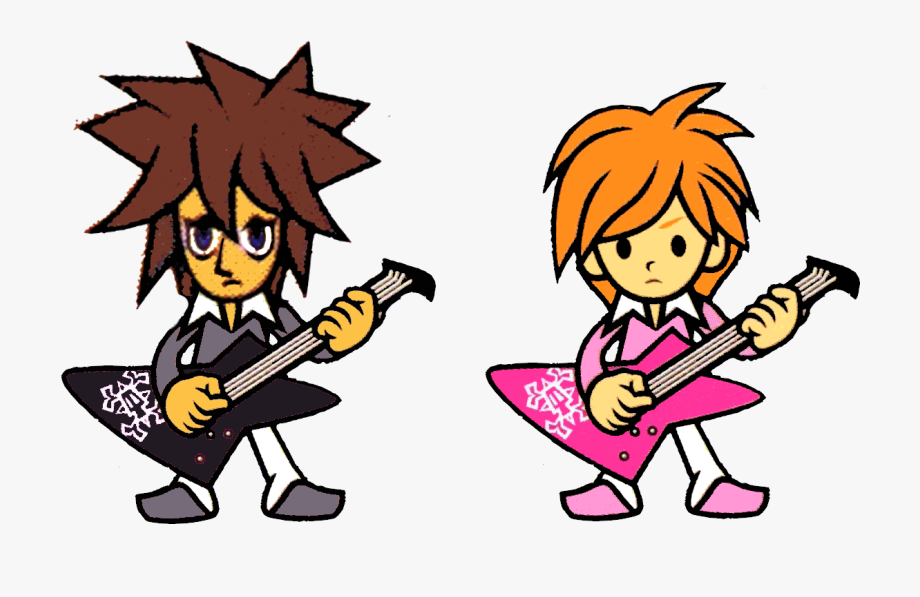It took me five attempts to pass my driving test in an automatic car. Not as bad as Michael Gove’s seven but he can drive a geared car and currently I can’t. I just found it incredibly hard to drive and I thought it would be interesting to explain why because it might have something to say about teaching.
Firstly, I had absolutely no experience with driving until I was seven years old. My mum didn’t drive and we took the bus to Stratford or the tube to South Kensington to visit my mum’s friend Carol. I have no recollection of anyone driving before the age of seven when I got in a friend’s car and I remember vividly being scared because the conversation was about car accidents and my mum saying she wasn’t surprised because she had seen it in the Tarot cards. Then my mum went into hospital and the next experience of driving was one when my grandfather came to take me away from London to West Wales. He had a cool sports car and it had electric windows. My family called it his mid-life crisis car because he bought it one day on a whim and he almost never drove it. So my first memorable experience of driving was a very emotional one as I had almost never left East London and we were travelling faster than I had been before on the M4 with windows open! It was all very exciting and of course I had no idea that my mum was in hospital – it was just an adventure. I had only met Grandad once before – he was my dad’s father and I had never met my dad. My mum didn’t have any family as she was adopted by elderly foster-parents who had died so this was the first family member I had met apart from my mum.
Anyway, every junction we would put the windows down “a blast of air for Reading” and “a blast of air for Bristol” and then the most exciting thing – going over the Seven Bridge. Grandad explained that you had to pay a toll to get into Wales but not to get out of it. Or was it the other way round? I could never remember. I don’t think you have to pay at all now. Anyway we went down a leafy lane to this big house and it was very different to our 13th floor red-ant and damp infested flat in Plaistow. There was even a garage!
We went for lots of drives to Cenarth to see my Auntie Bryony and it is still one of the most beautiful journeys I have taken. I took it every week day to drive the seven miles to school in Cenarth – it had a Red Dragon on the signposts that was later changed to a daffodil because it was a scenic route. Driving was wonderful but I never concentrated on what Granny was doing when she drove the car. Why would you when there were so many things to see outside? And I’ve always been able to sleep in cars so never paid attention. I knew Granny had an automatic car and Bryony had a geared car. I wasn’t quite sure what the gears did but there was this handle in the middle and it looked very complicated. Much simpler to look out the window.
I went to boarding school in Mid-Wales on a government assisted place and never saw any driving there. I cannot remember any times we were in a car. Sometimes a mini-bus or a coach for trips but I don’t remember anyone driving a car. That was past my A-Levels. And then I took a year out and it all went terribly wrong so I ended up in Burger King doing the night cleaning. I was only getting 3 quid an hour and my rent in the basement in Canterbury was 45 quid a week so there was no chance of driving lessons.
After my year out I went to Keele University and almost everyone I knew did not drive. All apart from two friends called Chris and Chris and both of them drove minis. I thought they were so grown-up because they could drive. But we almost never drove anywhere at Keele. Sometimes we wouldn’t leave campus for months. It was then I got into hitch-hiking. That was amazing and I absolutely loved it. I even hitch-hiked round all the cathedrals in England (45 of them) in a month. I experienced many different types of driving then. I got lifts in a police car going from Wakefield to Bradford, a limousine going from Birmingham to Litchfield, an old banger with a 14 year old joy-rider from Peterborough to Ely and a series of cars with three drug-dealers from Grantham. They gave me no choice to get out the car once I was in and “on a mission” but to their credit they drove me to my destination. I remember my legs were like jelly getting out at Nottingham!
So I knew what good and bad driving was but it wasn’t until I started a job working for the county peripatetic Music service that I decided to learn to drive myself. And I knew next to nothing. In my first lesson the driving instructor told me to use the clutch. I hadn’t got a clue what he was talking about. What was a clutch? He talked about squeezing clutches. My first lesson went really badly and he clearly thought I was an idiot. My next few lessons were even worse because I realised I had no idea about anything whatsoever to do with driving because I hadn’t paid any attention to the driver. I was always looking out the window, chatting to mates or asleep. So I didn’t know which control did the wipers and I hadn’t the foggiest what the fog light even was. I knew you had to put on the flashing hazard lights if you stopped but did I know where they were? Nope.
Even worse, I hadn’t paid any attention to roundabouts. I knew you turn left onto the roundabout but I didn’t get if you were taking the second or third exit you should move into the right. That scared the life out of me. Where I lived in West Wales there were roundabouts but there wasn’t much traffic so it didn’t really matter what lane you were in – most people just hogged the middle bit.
After six weeks of lessons I realised I was failing very badly. I just did not get the gears whatsoever, so I decided to learn in an automatic. At the time, I was riding a scooter over the Peak District for my job so I was getting more experience with roads and I had a 125cc Yamaha Majesty which meant I could drive up to 70 miles an hour over the moors. I loved my scooter but had many accidents – I am absolutely amazed I am still alive. Anyway, after five test attempts I finally learned to drive and three weeks later crashed my wonderful Vauxhall Corsa in a pretty horrific accident on a skid dirt road. I still kept on driving as it was the only way of doing the job but the new car I got had loads and loads of scratches and dents because I wasn’t very good at driving. I drove for seven years and I haven’t driven for the last ten. My wife is a professional truck driver from Canada and we had a deal when we first met that she would do the driving and I would give her babies. I haven’t broken the deal yet – we have one and a half babies but we do have a car in the basement. As Covid-19 has meant we are 10,000 miles apart (she is in Canada and I am in China) I have just got my automatic driving license translated into Chinese and am thinking of doing a bit of driving. It is probably a very bad idea but I feel that I need to have another go at driving and get better at this pretty useful skill.
What could have helped me to be a better driver?
1) Paying attention to what other drivers was doing.
2) Paying attention to the road rather than everything else that was going on around me.
3) Understanding the importance of driving for the future.
4) Understanding the importance of signs and directions.
5) Understanding that there would be a test and it wouldn’t necessarily be easy. Failure would mean I’d have to pay for a retest.
6) There are consequences for failure – some stark.
7) Some direction on theory so I understood the rules of the road.
8) Some direction on practical so I could fill the car up with petrol and change a tyre.
9) Breaking driving into small chunks so I was not overwhelmed by the amount of information I was trying to comprehend.
10) Watching the driving instructor carefully and copy what he did.
11) Practicing certain things over and over until I had mastered them.
12) Revisiting things that I thought I knew but had forgotten from time to time until they clicked in my brain.
13) Some positive reinforcement so I didn’t feel like a failure after every driving lesson.
14) Reading the Highway Code carefully rather than skimming over it.
14) An insistence to listen to the driving instructor carefully.
And if we transfer many of these things to teaching, you can see why quite a few students fail. Learning to drive was the hardest thing I have every done. It was even harder than Physics GCSE which was rock hard and definitely harder than my Master’s Degree, which I found quite easy. But when I passed driving I cried and embarrassed the examiner. As teachers we need to understand that our subjects may not come easy to some students and for them to succeed it may need teaching things that you might think are bleeding obvious. But not everyone has paid attention and some people learn a lot slower or later than others. It isn’t necessarily about intelligence but more likely to be about the ability to focus and pay attention.
And I did pass. I can drive. But only in an automatic.














